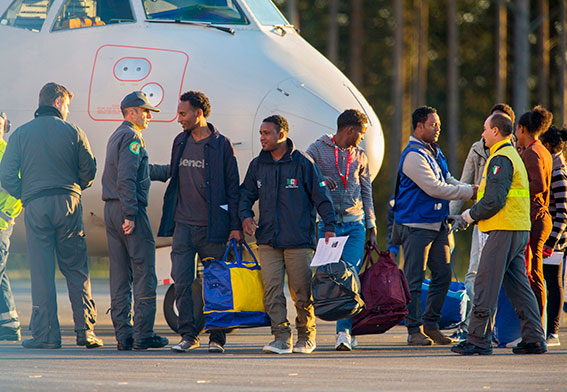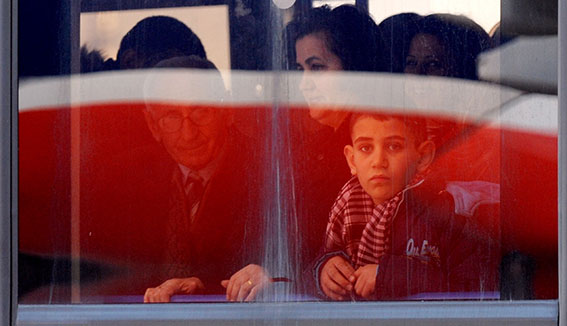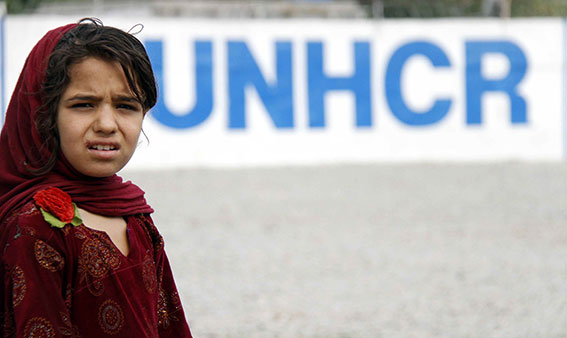Is it possible to buy a place on a resettlement programme?

No. Only people who have been recognised as refugees by the UNHCR in their country of first asylum and have been identified to be in particular need of protection have any prospect of resettlement. This is the case when there is neither a chance for a person to return to his or her home country nor any prospect for integrating into the country of first asylum. Special consideration is given to the elderly, sick people and children, as well as victims of torture and violence.
Germany has agreed to take in a total of 13.100people for the years 2024 and 2025. The acceptance criteria for the resettlement programme are very strict.

Need for protection is the deciding factor
Only people who have been recognised as refugees by the UNHCR in their country of resi-dence and are classed as being particularly in need of protection have any prospect of re-settlement. That is mostly the case when the chances of returning are very slim and there is also no prospect that the person will be able to live a normal life in the country of admis-sion. Special consideration is given to old people, sick people and children as well as victims of torture and violence.
The UNHCR assesses who is in principle eligible for the resettlement programme.

Multi-stage procedure
The decision on whether refugees may benefit from the German resettlement programme is at the end of a multi-stage process. To start with, the UNHCR selects people who are eligi-ble for resettlement as a matter of principle. In the next stage, the Federal Office for Migra-tion and Refugees conducts interviews to decide which of these candidates might actually be accepted. Potential candidates are also subject to security checks and will, as a final step, have to successfully complete a visa procedure.
Before travelling to Germany, selected resettlement candidates attend a three-day prepara-tion course (the “pre-departure orientation”) carried out by the International Organization for Migration that covers topics such as education, housing and finding employment in Germany. In Germany, recognised resettlement refugees have the right to work, are entitled to social security payments and may attend an integration course.
Upon their arrival in Germany, the resettlement refugees spend the first two weeks either at the Friedland reception centre in northern Germany or the Doberlug-Kirchhain reception centre in eastern Germany. During this period, induction courses provide them with an in-troduction to the German culture and language as well as general information about life in Germany. In addition, individual sessions are available as part of migration support services, in which individual and practical questions can be addressed in a confidential setting, for example regarding medical care or housing in the new place of residence. Following their time in the reception centre, the refugees are distributed among the municipalities in the various Länder.
Within the EU resettlement programme for 2024 and 2025, Germany has pledged to offer 13.100 places in total. The acceptance criteria for the resettlement programme are laid down in the respective order of the Federal Ministry of the Interior.
For more, got to:
For more on the resettlement procedure in general, go to:
https://www.unhcr.org/what-we-do/build-better-futures/long-term-solutions/resettlement
